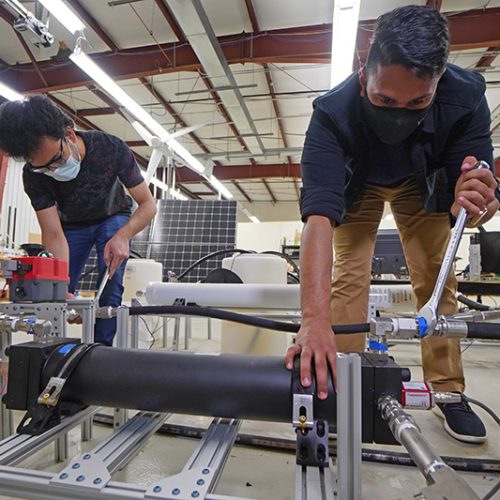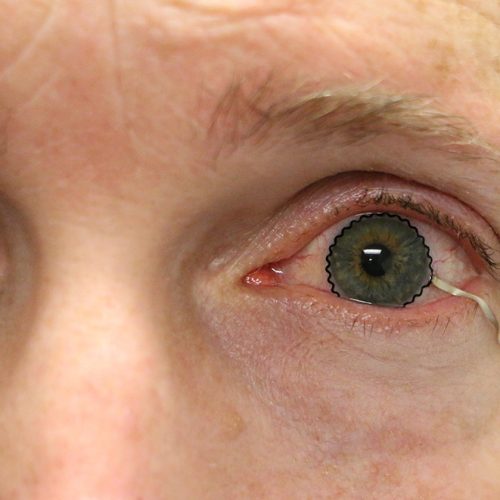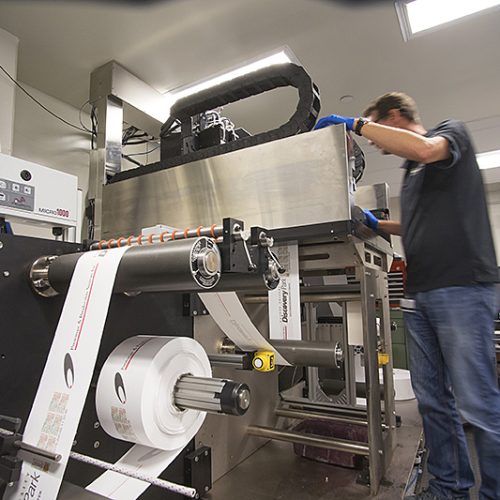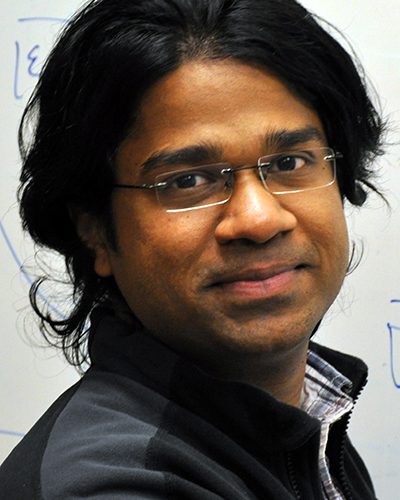
May 17, 2021
Breakthrough in reverse osmosis may lead to most energy-efficient seawater desalination ever
WEST LAFAYETTE, Ind. — Making fresh water out of seawater usually requires huge amounts of energy. The most widespread process for desalination is called reverse osmosis, which works by flowing seawater over a membrane at high pressure to remove the minerals.
Now, Purdue University engineers have developed a variant of the process called “batch reverse osmosis,” which promises better energy efficiency, longer-lasting equipment and the ability to process water of much higher salinity. It could end up a difference-maker in water security around the world.
Reverse osmosis is used in many countries; in arid places like the Middle East, more than half of the fresh drinking water supplies come from desalination facilities. But to maintain the high level of pressure required for the process – up to 70 times atmospheric pressure – a desalination plant must employ large numbers of pumps and other equipment. And that uses a lot of energy.






